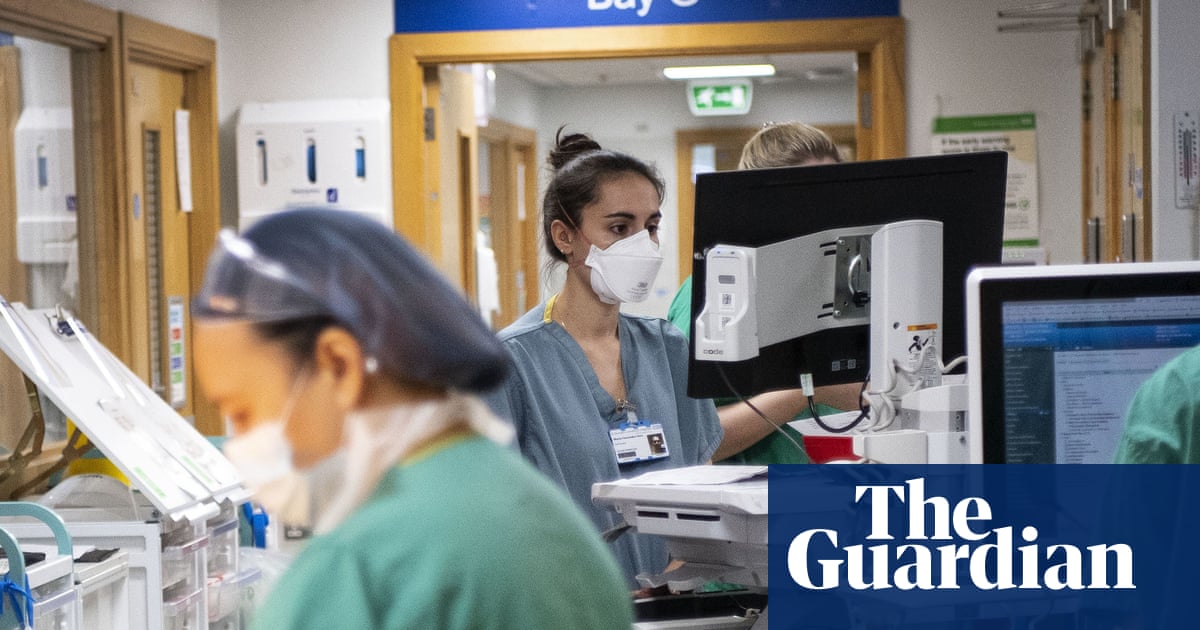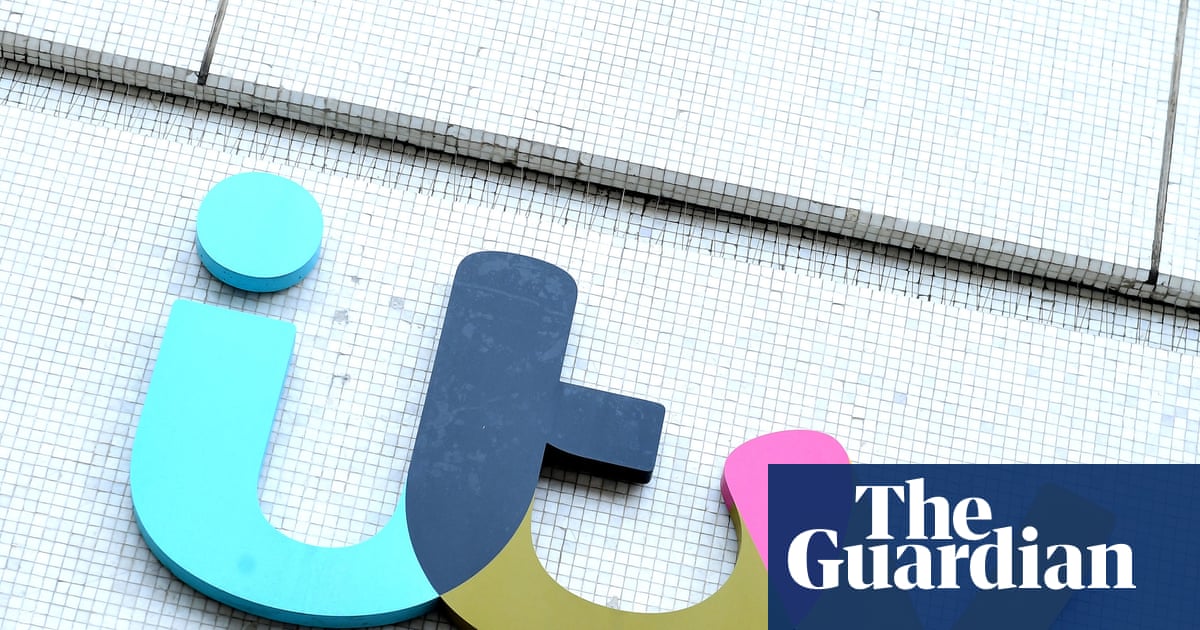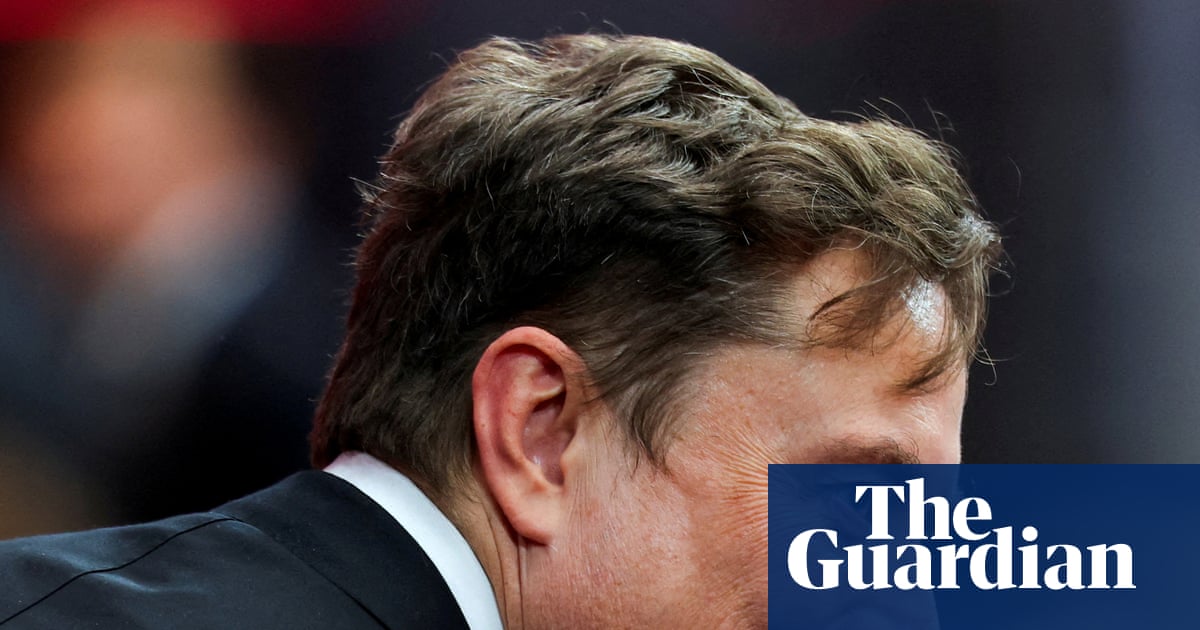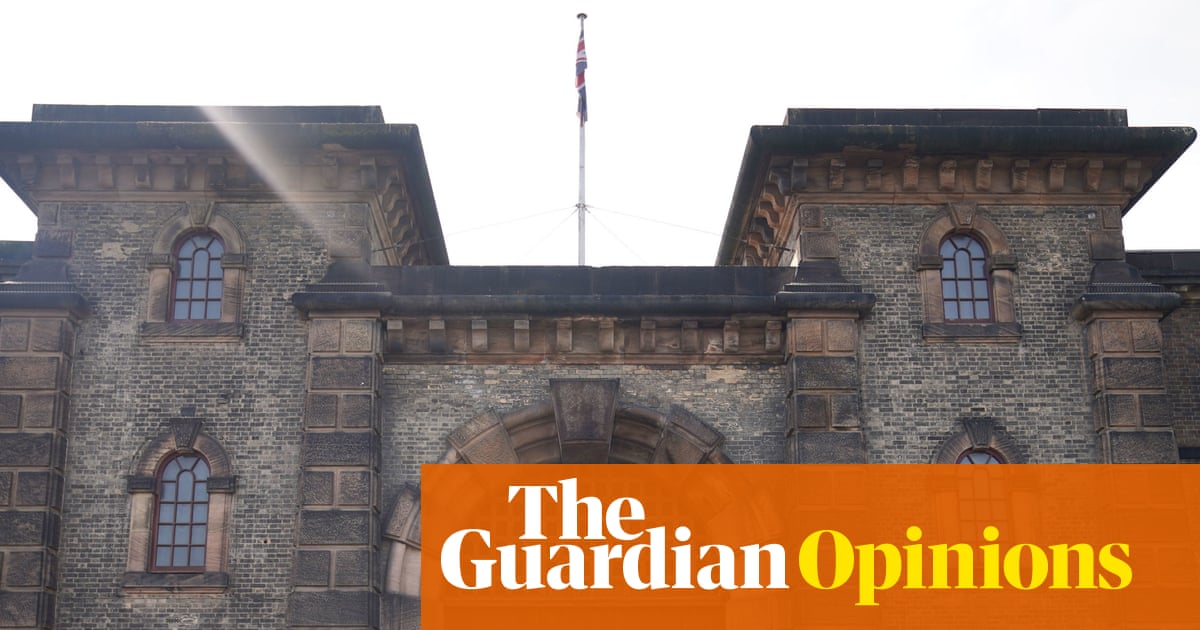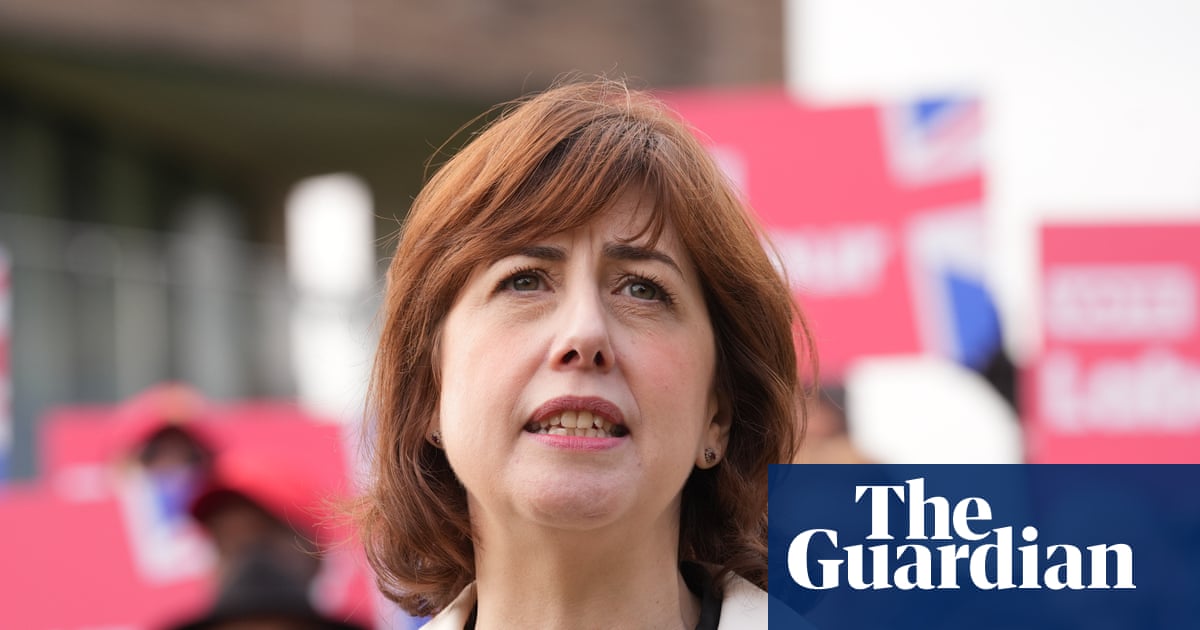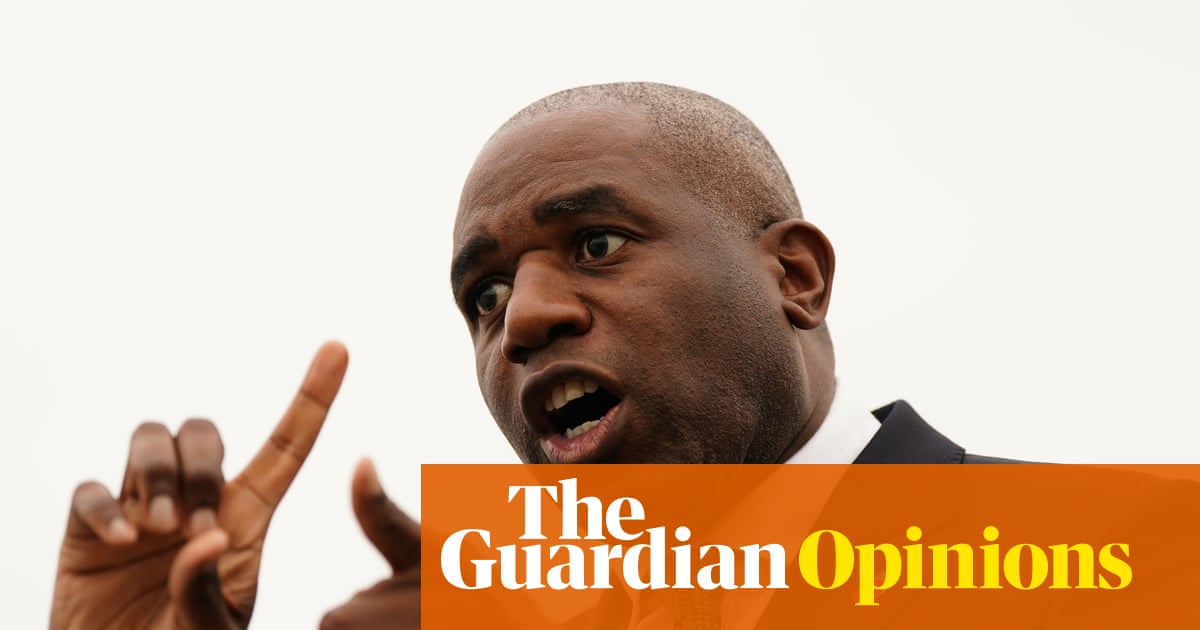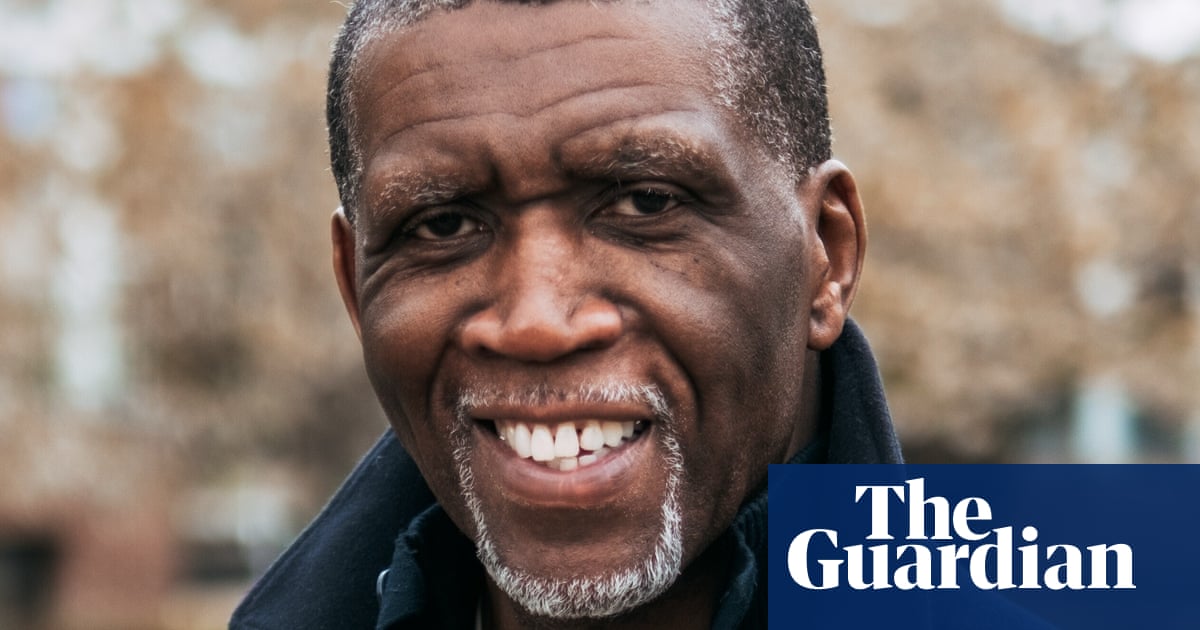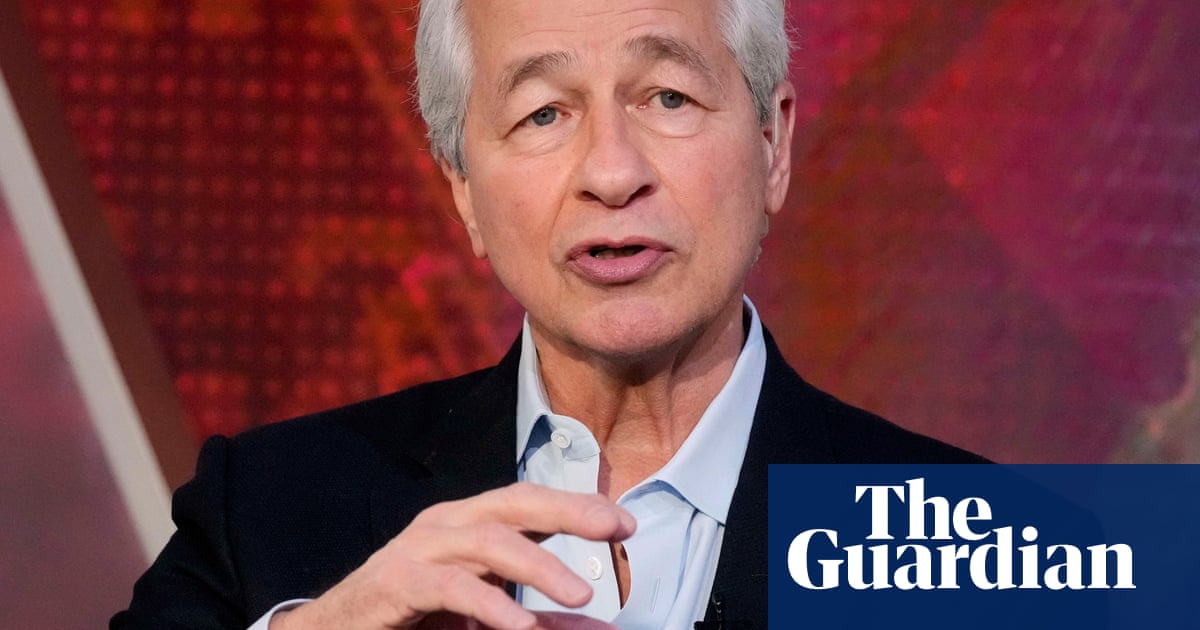Introduction: Bank of England could cut rates faster if jobs market slows, governor says
Good morning, and welcome to our rolling coverage of business, the financial markets and the world economy.
The pound has dropped to a three-week low this morning, after the governor of the Bank of England said it could make larger cuts to interest rates if the jobs market slows quickly.
Andrew Bailey told The Times that “slack” was opening up in the UK economy, following the increase to employers’ national insurance contributions. That slack should create downward pressure on inflation.
Bailey insisted: “I really do believe the path is downward” for interest rates. Bank rate is currently 4.25%, following four quarter-point cuts in the last year, with the Bank next scheduled to set rates on 7 August,
Bailey added:
“If we saw the slack opening up much more quickly, that would lead us to a different conclusion.”
“I think the path [for interest rates] is down. I really do believe the path is downward but we continue to use the words ‘gradual and careful’ because … some people say to me, ‘Why are you cutting when inflation’s above target?’”
Governor Bailey also pointed to Rachel Reeves’s decision to hike taxes on employers, saying companies were:
“adjusting employment and hours and also having pay rises that are possibly less than they would have been if the NICs change hadn’t happened”.
Last week, the Guardian revealed that the National Trust is to cut at least 550 jobs in efforts to save £26m after changes made in Reeves’s debut budget pushed up labour costs.
Hospitality firms have repeatedly warned that higher NICS will force them to cut jobs.
And indeed, new data this morning shows that the number of people hunting for jobs has surged at the fastest rate since the height of the Covid pandemic.
Following Bailey’s rate cut hint, the pound has dropped by 0.2% this morning to $1.3467.
That’s its lowest level since 23 June, three weeks ago, extending its recent losses.
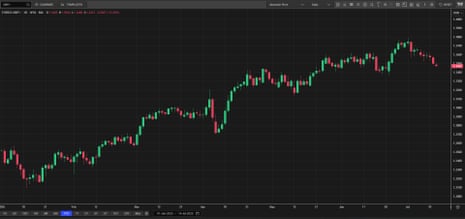
Key events Show key events only Please turn on JavaScript to use this feature
Trade data released this morning shows that China’s exports regained some momentum in June.
China’s exports rose 5.8% in June from a year earlier to $325bn, while imports rose 1.1% to grow, according to data from the General Administration of Customs.
Shipments to the US fell 16.1% from a year earlier, a smaller decline than the 34% fall recorded in May. That may show that the trade agreement hammered out by Washington and Beijing in Geneva, and London, this year has helped smooth trade flows.
There aren't signs – yet – of China's export juggernaut hitting a wall. Just-released June data show the big fall in US exports easing in June, allowing overall exports to continue to creep up.
If you are interested in the details of all the data just released, as well as lots… pic.twitter.com/6ysKSUetrf
Bitcoin at record high over $120,000
Bitcoin has surged to a new record high this morning, clearing the $120,000 point for the first time.
The world’s largest crypto currency is now trading at $122,571, amid interest from institutional investors and the Trump White House’s pro-crypto atmosphere. It has now gained 30% so far this year (and roughly 1,200% over the last five years).
Tony Sycamore, market analyst at IG, reports that money has been pouring into exchange traded funds which give exposure to Bitcoin, explaining:
Its gains have been driven by strong inflows into ETFs, including BlackRock’s Bitcoin ETF IBIT, which, after receiving $1.7bn in inflows last week, now manages $84bn in FUM (funds under management).
Ipek Ozkardeskaya, senior analyst at Swissquote Bank, suggests that bitcoin is “now back in overbought territory”, which could mean it slips back to the $105K–$110K range, adding:
Still, the rally is underpinned by a crypto-friendly US policy shift and growing emerging market adoption — both remain intact.
European stock markets are on track to open lower, following Donald Trump’s threatened 30% tariff on EU imports.
The EUROSTOXX 50 index of large European companies is down 0.72% in futures trading, while DAX futures (the German stock market) are down 0.84%, Reuters reports.
The euro is also weakening this morning, after Donald Trump announced that goods imported from the European Union will face a 30% US tariff rate from 1 August.
Trump’s latest trade war bombshell has disappointed the EU, as the two sides had been negotiating for weeks. Europe had hoped Trump would agree to a bare bones deal similar to the UK’s pact, that would have lowered tariffs on car exports and steel.
But instead, the US president has decided to impose higher costs for US importers who buy goods from the EU.
In response, the EU has decided to delay, again, its own retaliatory tariffs on US exports,
European Commission president Ursula von der Leyen said yesterday:
“The United States has sent us a letter with measures that would come into effect unless there is a negotiated solution, so we will therefore also extend the suspension of our countermeasures until early August.
“At the same time, we will continue to prepare for the countermeasures so we’re fully prepared.”
Given Trump’s track record, the planned August tariff increases aren’t guaranteed…
That may be why the market reaction is modest, so far, with the euro down 0.17% at $1.1669.
Introduction: Bank of England could cut rates faster if jobs market slows, governor says
Good morning, and welcome to our rolling coverage of business, the financial markets and the world economy.
The pound has dropped to a three-week low this morning, after the governor of the Bank of England said it could make larger cuts to interest rates if the jobs market slows quickly.
Andrew Bailey told The Times that “slack” was opening up in the UK economy, following the increase to employers’ national insurance contributions. That slack should create downward pressure on inflation.
Bailey insisted: “I really do believe the path is downward” for interest rates. Bank rate is currently 4.25%, following four quarter-point cuts in the last year, with the Bank next scheduled to set rates on 7 August,
Bailey added:
“If we saw the slack opening up much more quickly, that would lead us to a different conclusion.”
“I think the path [for interest rates] is down. I really do believe the path is downward but we continue to use the words ‘gradual and careful’ because … some people say to me, ‘Why are you cutting when inflation’s above target?’”
Governor Bailey also pointed to Rachel Reeves’s decision to hike taxes on employers, saying companies were:
“adjusting employment and hours and also having pay rises that are possibly less than they would have been if the NICs change hadn’t happened”.
Last week, the Guardian revealed that the National Trust is to cut at least 550 jobs in efforts to save £26m after changes made in Reeves’s debut budget pushed up labour costs.
Hospitality firms have repeatedly warned that higher NICS will force them to cut jobs.
And indeed, new data this morning shows that the number of people hunting for jobs has surged at the fastest rate since the height of the Covid pandemic.
Following Bailey’s rate cut hint, the pound has dropped by 0.2% this morning to $1.3467.
That’s its lowest level since 23 June, three weeks ago, extending its recent losses.


.png) 3 months ago
48
3 months ago
48

